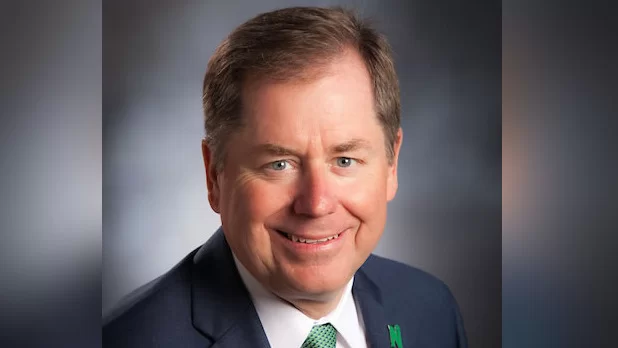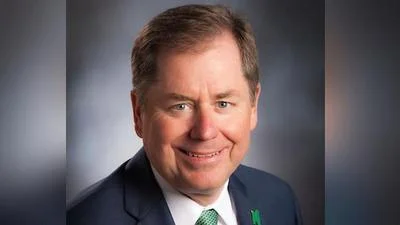Dr. Lance Tatum, President | Northwest Missouri State University
Dr. Lance Tatum, President | Northwest Missouri State University
Dr. Elyssa Ford, a professor of history at Northwest Missouri State University, recently published her second book, focusing on the history and evolution of the gay rodeo culture. The 288-page book, published by the University of Washington Press in January, delves into the unique aspects of the gay rodeo community.
The book not only explores the traditional and camp events of the gay rodeo but also delves into various issues that have shaped the culture over the years. These include topics such as hypermasculinity, political and consumer power, AIDS, and the role of women within the setting.
Speaking about the book, Dr. Ford expressed her belief that it would appeal to a wide audience, stating, "I think it would be of interest to anyone who is LGBTQ, or anyone interested in LGBTQ history because we don’t often think about queerness in rural spaces and, obviously, there is and always has been."
Dr. Ford's previous work had a chapter dedicated to gay rodeo, which served as the inspiration for her latest endeavor. Collaborating with Rebecca Scofield, an associate professor of history at the University of Idaho, the two researchers sought to deepen their understanding of the history and complexities of gay rodeo.
Supported by a faculty research grant and a semester-long sabbatical, Dr. Ford immersed herself in research for the book. Her visit to the Autry Museum of the American West in Los Angeles provided valuable archival material crucial to the writing process.
Dr. Elyssa Ford, a social and cultural historian with a focus on gender, sexuality, and the American West, has a background in international studies and history. Her dedication to shedding light on the often-overlooked aspects of LGBTQ history through the lens of rural spaces underscores the importance of exploring diverse narratives in historical research.



 Alerts Sign-up
Alerts Sign-up